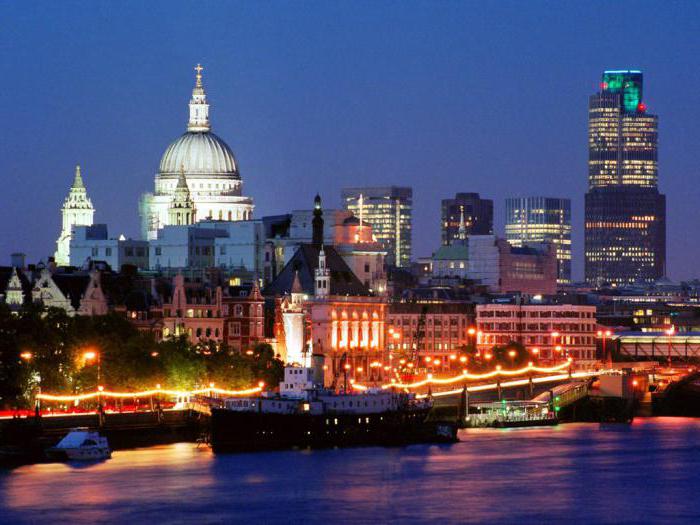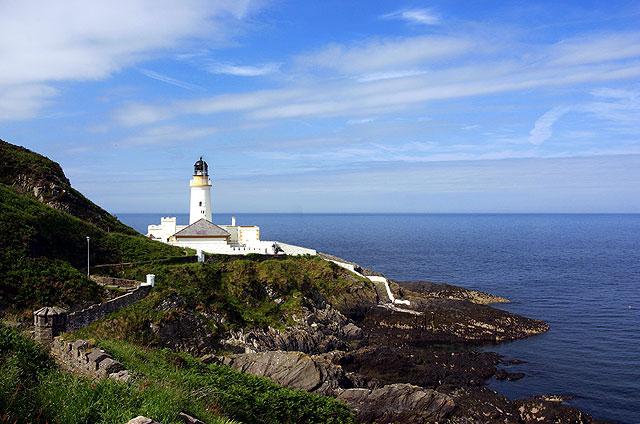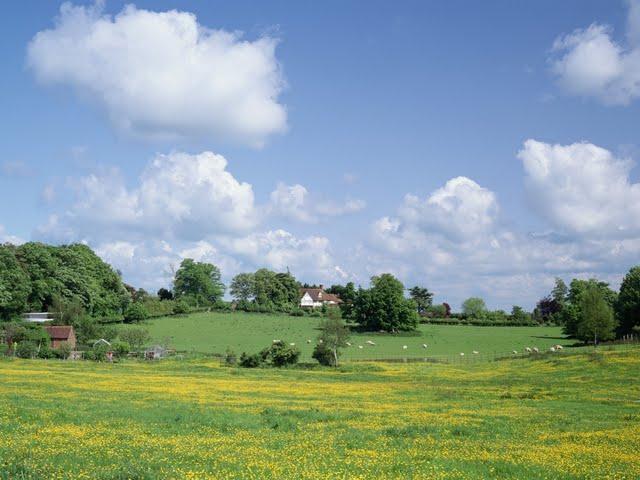Great Britain and England are the same?
For many people, Great Britain and England areconsonant concepts, synonyms, which are used for the name of the same state. But in fact, everything is not so simple, and between them there are serious differences, which we'll talk about later in the article.

What is Great Britain
United Kingdom of Great Britain and NorthernIreland is the full name of an independent island nation located in the north-west of Europe and occupying the largest territory in it.
Great Britain was founded in 1801. It includes such territorial units (the so-called "historical provinces"), such as northern Scotland, the Principality of Wales and Northern Ireland, which have sufficient autonomy and their own parliaments.
England is also one of the "provinces"Great Britain (by the way, the largest in the country). Around the time, actually, the formation of a modern state took place. But, unlike other parts of the kingdom, it does not have its own legislative and executive powers, and their role is played by the nationwide parliament of Great Britain.
In addition to these territories, the UnitedThe Kingdom owns three more Crownlands - the islands of Jersey, Maine and Guernsey, as well as fourteen overseas territories, which include, for example, Gibraltar, Bermuda, the Falkland and Cayman Islands, etc.

England: information about the country
Despite the large number of dependent lands, England, again, is the historical core of the United Kingdom, and its population is 84% of all UK residents.
Here, "born" English, and from herethe formation of a powerful state began. This was initiated by the Germanic tribes of the Angles and Saxons, who at the beginning of the ninth century conquered this territory, ousting the Britons who inhabited it. In 825, King Egbert of Wessex joined most of the smaller kingdoms into one, giving it the name England (this translates as "Land of Angles").
But when in 1707 the state was joined by Scotland, and the United Kingdom was formed, it was decided to call it Britain (Great Britain), so as not to infringe anyone's self-esteem. After all, the name, for example, Great England (Great Britain) would be absolutely unacceptable for the Scots.

Some features of the state structure of Great Britain
Despite the fact that the meaning of the word "England" inour consciousness is closely interwoven with the meaning of the word "Great Britain", and even some explanatory dictionaries give these names as synonymous, the cultural person still needs to understand what their internal difference is.
Of course, the role of England for the whole stateit is difficult to overestimate. After all, it is its legal, legal and constitutional innovations adopted by many countries in the world. And it was this part of the United Kingdom that became the cradle of the Industrial Revolution, making Britain the world's first industrialized country.
In fact, the United Kingdom has a rather complicated state structure, which, nevertheless, does not prevent it from being an example in maintaining democratic relations within the country.
It is interesting that in the UK there is no singleconstitution. It is to some extent replaced by a combination of acts of a different nature, norms of common law, including many judicial precedents, and certain constitutional practices. Among the most important of them is the Magna Carta (signed back in 1215), as well as the Bill of Rights and the Act on Succession to Succession.

Why England does not have its own parliament
Because of the fact that England is the onlypart of the UK, which does not have its own parliament and government, a movement was established in the country in support of its creation. After all, if decisions relating to Scotland alone can be made by the Scottish legislature, then the decisions about England are made by Welsh, Scottish and Northern Ireland deputies who are members of the national parliament.
But in response to this, representatives of the partyLabor argue that if the largest part of the UK gets independent authorities, this will lead to the fact that the remaining small territories will dramatically lose their significance, and this, in turn, can lead to the collapse of the Kingdom.

Once again on the differences between England and Britain
Hopefully, the article helped to finally understand what makes England different from Britain. And in order to finally systematize the information, let us again recall their main differences:
- The United Kingdom is an independent state, in which England is the administrative unit;
- England has no foreign policy relations, and Britain is an indispensable member of international organizations (the UN, NATO, the European Union, the OSCE, etc.) and the "finisher of destinies" for its dependent countries;
- England does not have its own monetary unit, its armed forces and its parliament;
- The territory of England is only a small part of the whole of Great Britain.








